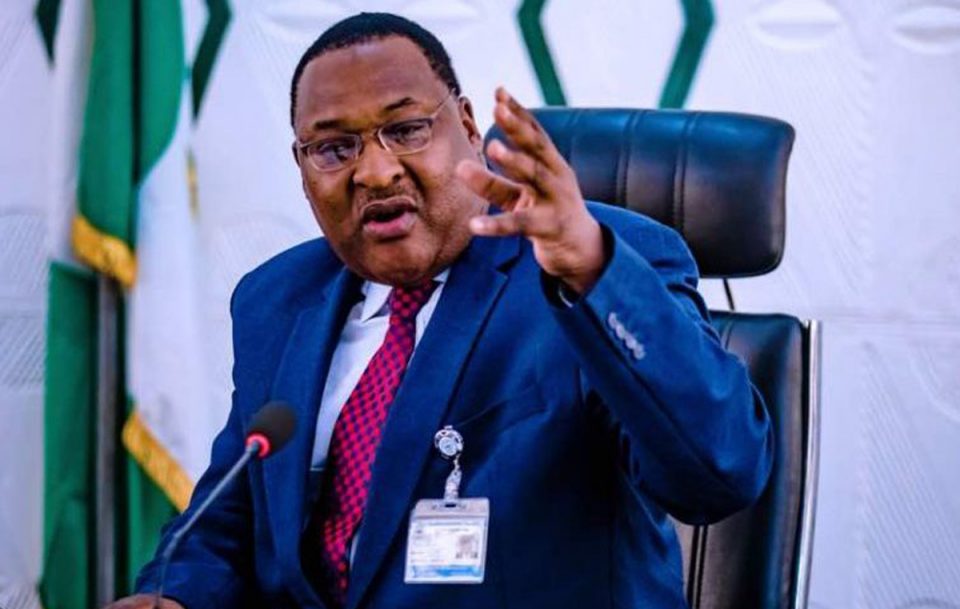•To revoke licences of dormant ICDs
As the economy gradually picks up amid the COVID-19 pandemic, the Executive Secretary of the Nigerian Shippers’ Council (NSC), Mr Hassan Bello, Tuesday said he is working with relevant stakeholders to ensure that the maritime industry grows its annual contribution to Nigeria’s Gross Domestic Product (GDP) from the current N1.9 trillion to N7 trillion.
Bello, who made the disclosure in Abuja while interacting with journalists on how to fully harness the country’s huge maritime endowments threatened to revoke the licence of dormant Inland Container Depots (ICDs) also known as dry ports.
According to him, Nigeria boasts of vast coastline and huge natural resources that can be tapped, processed and exported via the seaports to boost its foreign reserves.
He noted that the Federal government has approved the modernisation of the Nigerian ports to reduce clearing cost, cargo dwell time and ultimately make them more globally competitive.
He described the maritime sector as the engine room of economic growth if only concerted efforts were made to leverage on its many deliverables.
Bello said: “We have been too glued our economy to crude oil as if it won’t dry up. Now, the value is down due to the COVID-19 pandemic.
But Nigeria has robust maritime endowments that can buoy the economy if well harnessed. Currently, we’re doing between N1.9 to N2 trillion contribution to the GDP but our target is N7 trillion.
“In achieving that, we need to modernise our ports. We’re targeting that by March 2021, 90 per cent of our port operations will digitalised. We are currently at 60 per cent. We want to increase efficiency, boost revenue and facilitate legitimate trade. The port must be digital.
Physical contact is spoiling the port and we can’t continue that way”, he explained.
The NSC boss further said that strong lessons have been learnt from the COVID-19 pandemic that will change the fortunes of the country.
“We found out that our ports could run daily 24/7. We can and we have to operate round the clock. This is what we have in developed nations. We have a good partner in the Customs and we can achieve that target. It would boost efficiency. We have made the train work in the port, likewise barges. The roads are being worked on. We’ve restored the train service.
“There are three train trips to bring in empty containers and take out the cargo-laden ones. For every train trip, about 38 trucks are taken out. So, it means we would not have all the trucks at the ports and this will crash the haulage cost.
“Barges will also give the trucks a run for their money. You can imagine that it costs N800,000 to move a container from Apapa to Funtua by truck. That’s high. So, the train service will crash the prices, save lives and preserve the roads. Cargo dwell time to be reduced from 20 days to seven days when the trains and barges are fully deployed to the ports”.
Bello also appealed to the Central Bank of Nigeria (CBN) to extend its intervention programmes to the maritime industry to unlock the potential in processing various commodities for export. Our Nigerian ginger is the best, but the logistic chain is bad and CBN can look into it. We need to look at the dry ports and make them viable and to urgently look at value addition, packaging and processing through which massive jobs can be created. With these initiatives we won’t care about oil anymore.




